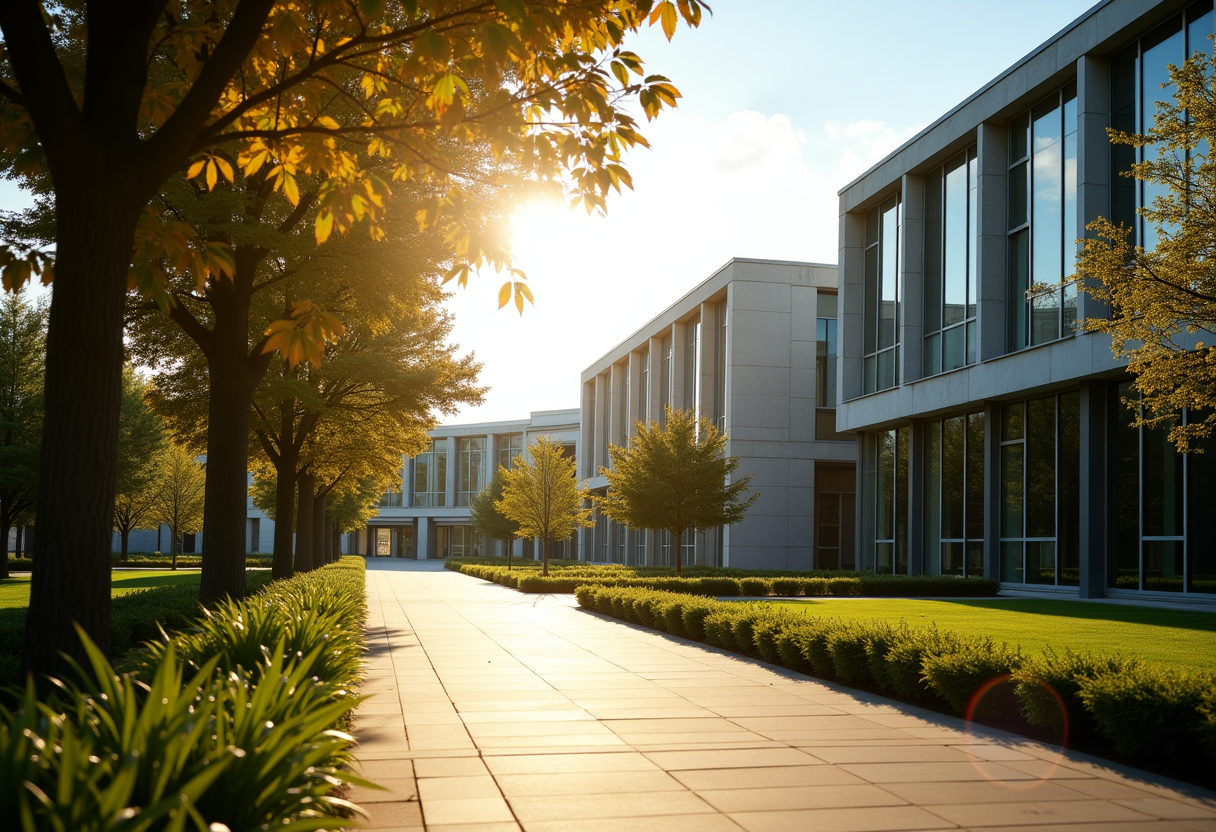Table of Contents
Understanding the political climate surrounding higher education
In recent years, higher education has become a focal point of political contention, particularly among conservative factions. The narrative that colleges and universities are bastions of liberal ideology has gained traction, leading to calls for significant reforms.
With the potential return of Donald Trump to the presidency and a Congress that may align with Republican ideals, the landscape of higher education is poised for dramatic changes. This shift is not merely a political maneuver; it reflects deeper societal concerns about the direction of educational institutions and their role in shaping future generations.
The implications of proposed reforms
As political leaders advocate for sweeping changes, the implications for students and educators are profound. The Heritage Foundation’s Project 2025 outlines a vision that includes privatizing student loans and rolling back protections for marginalized groups.
Such policies could fundamentally alter the accessibility and inclusivity of higher education. Critics argue that these measures aim to dismantle the very fabric of academic freedom and diversity that many institutions strive to uphold. The tension between conservative ideologies and progressive values is palpable, raising questions about the future of academic discourse and the role of universities in fostering critical thinking.
Public perception and the future of higher education
Public confidence in higher education has waned, with many viewing universities as out of touch with societal needs. Recent resignations of prominent university leaders amid controversies highlight the growing scrutiny these institutions face.
As lawmakers push for accountability, the challenge for colleges is to navigate this political landscape while maintaining their commitment to education and research. The future of higher education may depend on its ability to adapt to these pressures without compromising its core values.
Engaging with diverse perspectives and fostering an environment of open dialogue will be crucial in addressing the concerns of both students and the broader community.




